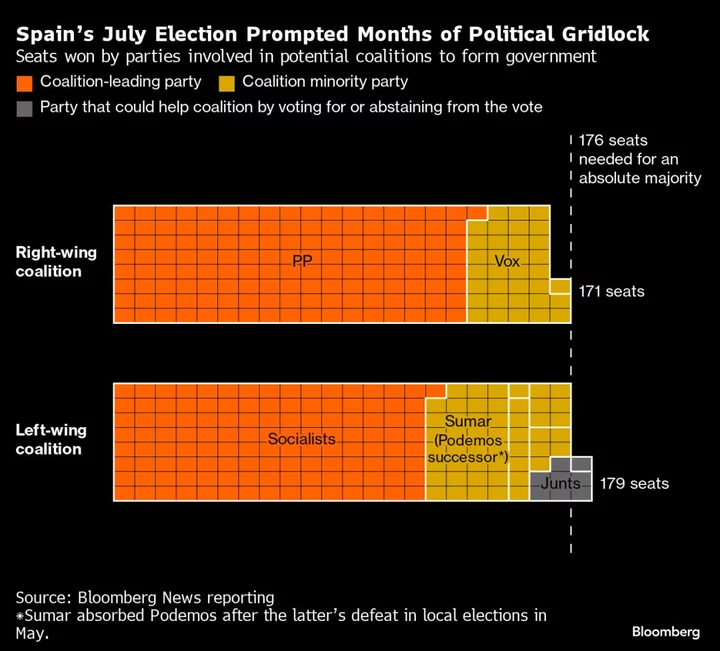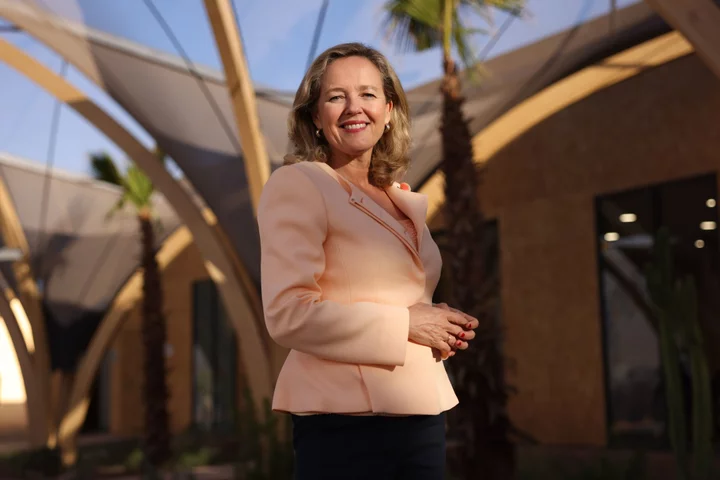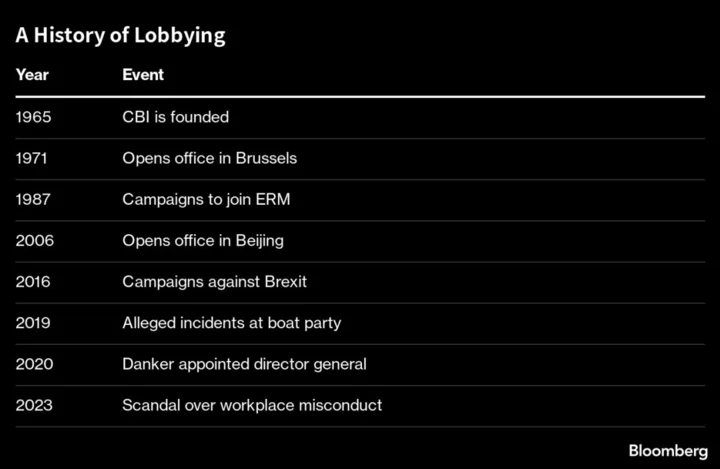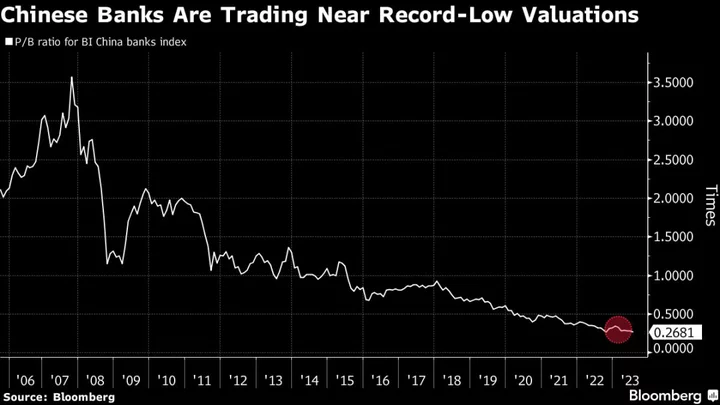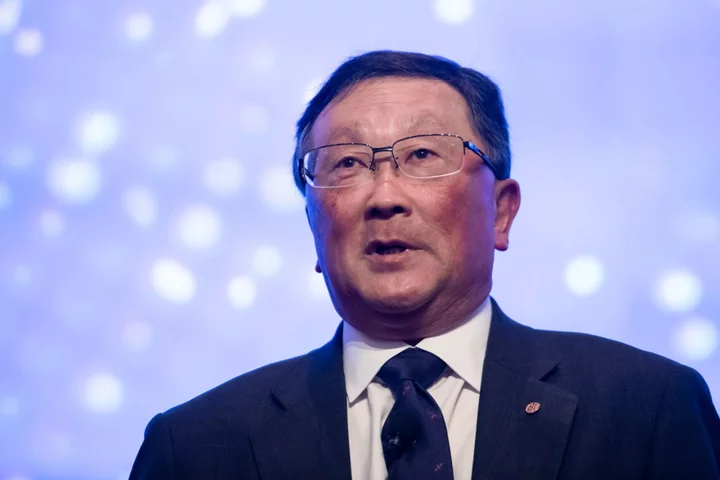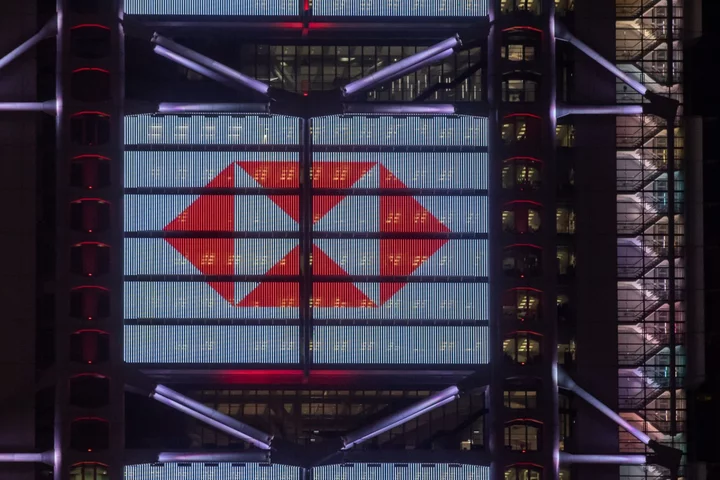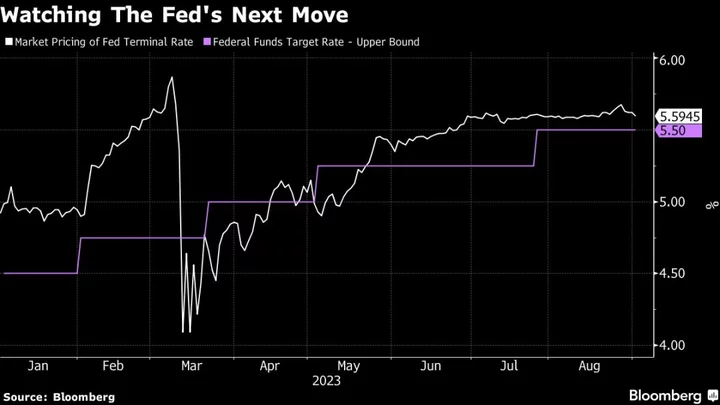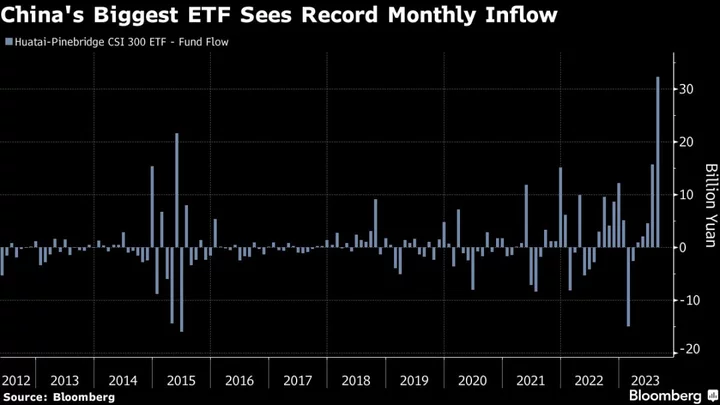A veteran conservative Catalan leader and co-founder of the far-right Vox party was shot on the streets of Madrid, overshadowing a deal earlier in the day by Prime Minister Pedro Sanchez to form a new government.
Alejo Vidal-Quadras, who briefly led Vox as president about a decade ago, was shot in central Madrid after being approached by two men, newspaper ABC reported. He is in the hospital.
Before Vox, Vidal-Quadras had for years been a member for the People’s Party, Spain’s main conservative group, where he held several positions as an elected official.
The shooting came after Sanchez’s Socialist party struck a deal with a Catalan separatist group, paving the way for him to form a new government. In exchange for the support, Sanchez pledged to pass an amnesty bill for hundreds of Catalans facing criminal charges in connection to the region’s failed 2017 independence declaration.
The amnesty has come under wide-spread criticism from Vox and the PP and there have been protests outside the Socialist headquarters in Madrid every evening for almost a week. Vox’s leader Santiago Abascal has taken part of the demonstrations.
“We hope the state security services catch those murderers as soon as possible and that no one ever offers them amnesty,” Abascal said at a televised press briefing in which he labeled Sanchez a dictator and appealed to his supporters to protest with peaceful acts of civil disobedience.
Abascal also said Vidal-Quadras, who he called a friend, was out of danger. Vidal-Quadras was shot in the face and the shooter was picked up by an accomplaice waiting on a motobike, according to ABC.
With the support of seven lawmakers from Junts, Sanchez is poised to win a confidence vote with the backing of 178 lawmakers in the 350-member parliament in Madrid. Still, a vote will only be held once the amnesty law is agreed on and a bill is registered in parliament, which needs to be done before Nov. 27 or fresh elections will be called.
The two parties “confirm that the current political situation allows for an agreement to open a new opportunity to resolve the historic conflict around the political future of Catalonia,” they said. They agreed to negotiate taxation rules, Catalan financial autonomy and to allow Junts to propose holding an independence referendum.
The deal opens a complicated new chapter in Spanish politics with the 51-year-old premier reliant on a patchwork alliance of seven different parties to pass legislation. He’s also confronted with an angry opposition from PP and Vox.
Both are vehemently opposed to the amnesty, which will allow former Catalan President Carles Puigdemont to return to Spain six years after he tried to split the country. The PP won the most seats in July’s election but was unable to stitch together a governing coalition in a legislature still bitterly divided by the Catalan issue.
Demonstrations have included clashes with the police, who have used tear gas against demonstrators. While the protests have been aimed at the government and separatists, there have also been islamophobic chants and criticism of the PP, whose main leaders have kept away for from the demonstrations.
The PP itself has called for nationwide protests for Sunday.
After years on the fringes of national politics and with Puigdemont living in self-imposed exile in Belgium, the Junts party was handed a chance to reshape the agenda when Sanchez and his more regular partners were left a handful of votes short of a majority.
He’s had to win the leadership of his party twice after being ousted by an internal revolt the first time around. He then seized power through the first successful no-confidence vote since Spain returned to democracy in 1978. He claimed his second term term in 2020 with a minority of 167 votes after 18 lawmakers abstained.
After his party was punished by voters in May’s local elections that appeared to signal the PP was set to return to power, Sanchez called a snap election and managed to deny the two right-wing parties a majority, paving the way for this week’s pact with Junts.
(Updates with Vidal-Quadras state in seventh paragraph)

